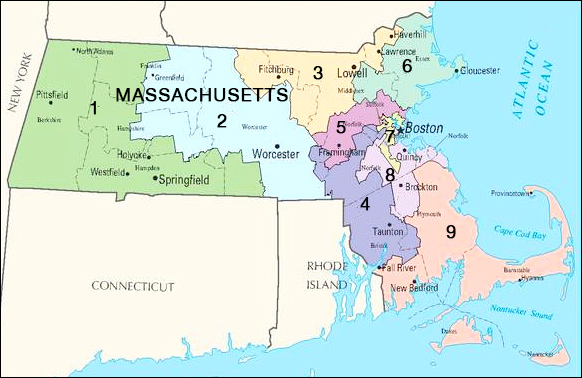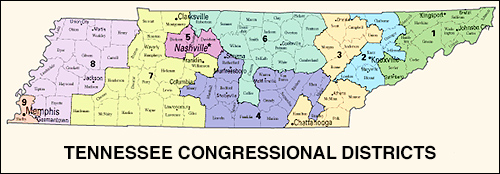By Jim Ellis
Sept. 18, 2018 — In virtually every poll, health care is mentioned in the top three of the most important issues across the country. Therefore, ad themes attacking the problem from both ends of the political spectrum are now regularly appearing in every competitive congressional campaign.
The Democrats are zeroing in on Republican incumbents, in particular, on the pre-existing condition issue claiming that the GOP is trying to eliminate insurance coverage for those having previous health problems. The Dems support this argument by pointing to the Affordable Care Act repeal vote.
(Dr. Kim Shrier ad)
Republicans are now mounting an offensive against the pitch that many Democrats are promoting when they call for expanding Medicare coverage for everyone as the solution to the nation’s health insurance problem.
Both the campaigns themselves and various independent expenditure groups are attacking from both angles, and four ads presented below are typical examples of what we are seeing across the nation.
Washington Democrat Kim Shrier is running for the Seattle area district from which Rep. Dave Reichert (R-Auburn) is retiring. She is a pediatrician, so naturally healthcare is a key theme for her campaign. Dr. Shrier is opposing Republican former state senator and statewide nominee Dino Rossi in what is clearly a toss-up campaign.
Rossi and Dr. Shrier topped a field of 12 candidates in the Washington jungle primary held on Aug. 7. The Republican, by far the most well-known candidate of the group, placed first with 43.1 percent of the vote. Dr. Shrier nipped fellow Democrat Jason Rittereiser, 18.7 – 18.1 percent to advance into the general election. But, in the aggregate, Democrats earned slightly more votes than Republicans in the district-wide primary vote 50.2 – 47.2 percent.
One of Dr. Shrier’s healthcare campaign ads is included above as a good example of how Democrats are attacking Republicans, particularly over the pre-existing condition issue. Kansas Rep. Kevin Yoder (R-Overland Park) goes on the attack against his opponent, former White House fellow (Obama Administration) and professional Mixed Martial Arts boxer Sharice Davids (D), over her promoting “Medicare for all” and claims that such will lead to the elimination of private health insurance.






